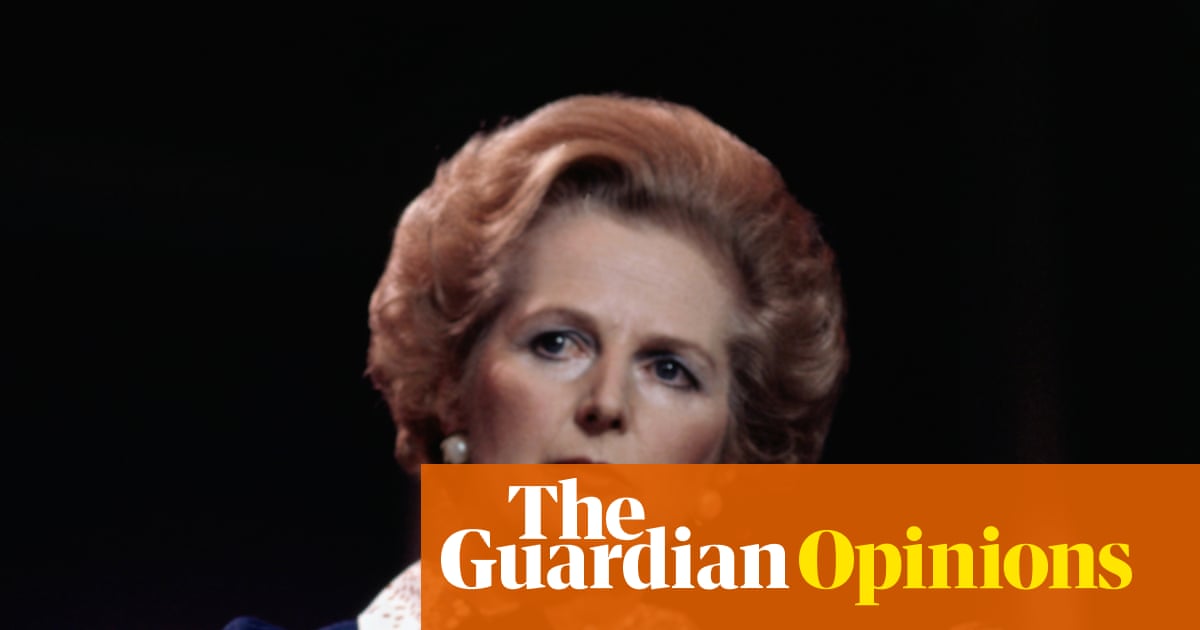
"This seems hardest in some ways for those of us who can remember her. We tended to take sides. Supporters thought Thatcher could do nothing wrong. Opponents that she could do nothing right. Unsurprisingly, the truth is more nuanced, complex and interesting as I can vouch from the twice I briefly interviewed her (once, bizarrely, in the Kyiv opera house)."
"The warrior queen who refused to compromise with the IRA hunger-strikers in the early 1980s, for instance, was also the Thatcher who authorised back-channel talks with the IRA and who permitted her cabinet to debate Irish unification. But the individual battles that Thatcher fought in the 1980s now overwhelmingly belong in the past. The world has moved on. At this distance, what matters is less Thatcher herself, remarkable though she was, and more her effect. Her effect is hard to miss but rarely fully acknowledged."
Many Britons alive today were not adults during Margaret Thatcher's prime ministership, creating a generational gulf in memory and understanding of her era. The centenary offers a chance to reassess what Thatcher means for modern Britain. Public impressions were polarized: supporters viewed her infallibly; opponents saw her as entirely wrong, but the reality is more nuanced. Thatcher combined public rigidity with private willingness to consider dramatic changes. She both resisted compromise with IRA hunger-strikers and authorised back-channel talks and cabinet debates on Irish unification. Individual 1980s battles belong to the past; Thatcher's enduring effect continues to shape the country's institutions and politics.
Read at www.theguardian.com
Unable to calculate read time
Collection
[
|
...
]